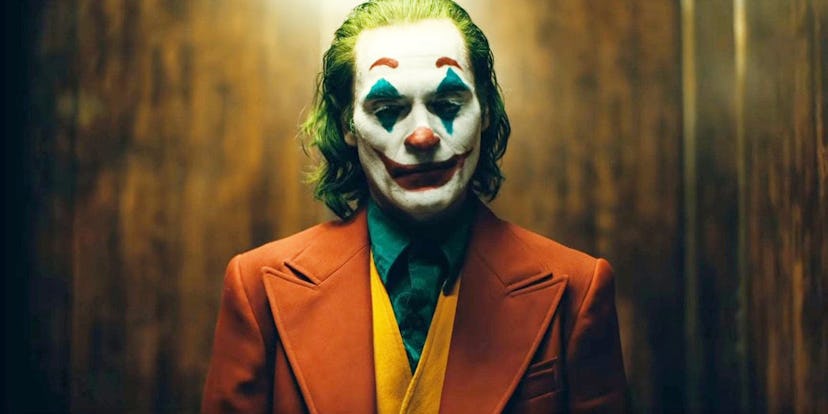The Oscars Are Addicted to Pleasing Basic Bros

After yesterday’s announcement of the Oscar nominations, ESPN’s Formula 1-specific Twitter account heralded the (somewhat surprising) nomination of Ford V Ferrari as a historic milestone.
“Ford v Ferrari becomes the first motorsport film to be nominated for the Best Picture award at the Oscars,” read the Tweet. It was punctuated by the clapping hands emoji.
The account’s followers seemed to be pleased, though a good amount of those who bothered to reply to the Tweet said that they actually preferred the 2013 Chris Hemsworth racing movie Rush a bit more.
Still, we imagine that a Best Picture Oscar nomination for a film that failed to make Metacritic’s list of the 50 best reviewed films of the year or the nomination lists of most pre-cursor awards ceremonies (even the Golden Globes said, “No thanks”) could be considered something of a nice surprise for the motor sports film community.
However: It feels a bit hollow, considering that the Oscar nominations failed to provide many other historic firsts.
Indeed, the embrace of films like Ford and Joker, while marginally historic in matters of genre, seems decidedly retrograde in other ways.
In fact, it only underscores a sneaking suspicion we’ve had for a few years now: The Oscars are ridiculously obsessed with retaining an audience we can all describe as “basic bro”-centric, often at the expense of more diverse films and audiences.
It’s no secret at all that the Academy views the declining ratings for both its program and awards shows in general as an existential threat. While the Oscars used to clear at least 40 million viewers in the ’90s, in recent years the show has struggled to crack the 30 million threshold. Considering the Oscars represent the MPAA’s single biggest source of income, that’s not inconsequential to the organization’s future.
Yet, like the flawed protagonist of a teen movie or a struggling political party, the Oscars have decided to take their natural base for granted in a play to garner the attention of basic bros.
Every recent attempt to supposedly expand the show’s reach points to the fact. The since redacted announcement of the “Popular Film Oscar” was widely viewed as an attempt to incorporate superhero flicks and other CGI-heavy blockbuster. The selection of hosts like Jimmy Kimmel, Seth McFarland and Kevin Hart speak to a certain sensibility. The whole-hearted embrace of films like Green Book, Bohemian Rhapsody, Joker, and the like (often over critical consensus) makes the organization intentions’ clear.
Just as telling is what the Oscars hasn’t done. That’s never been more clear with the head-scratching snub of Jennifer Lopez for her performance in Hustlers.
One of the biggest stars in the world (and one who happens to be a Latina) gave a once-in-a-lifetime wildly heralded turn in a bonafide hit movie that racked up nominations and several wins in pre-Oscar ceremonies and polls.
It’s like the entire cottage industry around Oscars predictions was serving up a Lopez nomination on a silver plate. Her role was, essentially, the embodiment of “Here, you go! Everything you want! A big, big star giving a great performance in a hit movie.”
The Oscars said, “Eh, we’re going to go with someone from a box office bomb of a Clint Eastwood movie instead, thanks.”
The snubs of Greta Gerwig in the director category, along with acting snubs for Awkwafina, Lupita Nyong’o, and the entire cast of Parasite don’t help shake the notion. The fact that films like Clemency, The Last Black Man in San Francisco, and Waves garnered buzz but were never fully let into the conversation further disappoints.
It also seems like a strange strategy to go about to garner a boost in ratings. After all, the highest rated Oscar ceremony in history was back in 1998 when Titanic, a movie buoyed by the enthusiasm for young women, swept the ceremony.